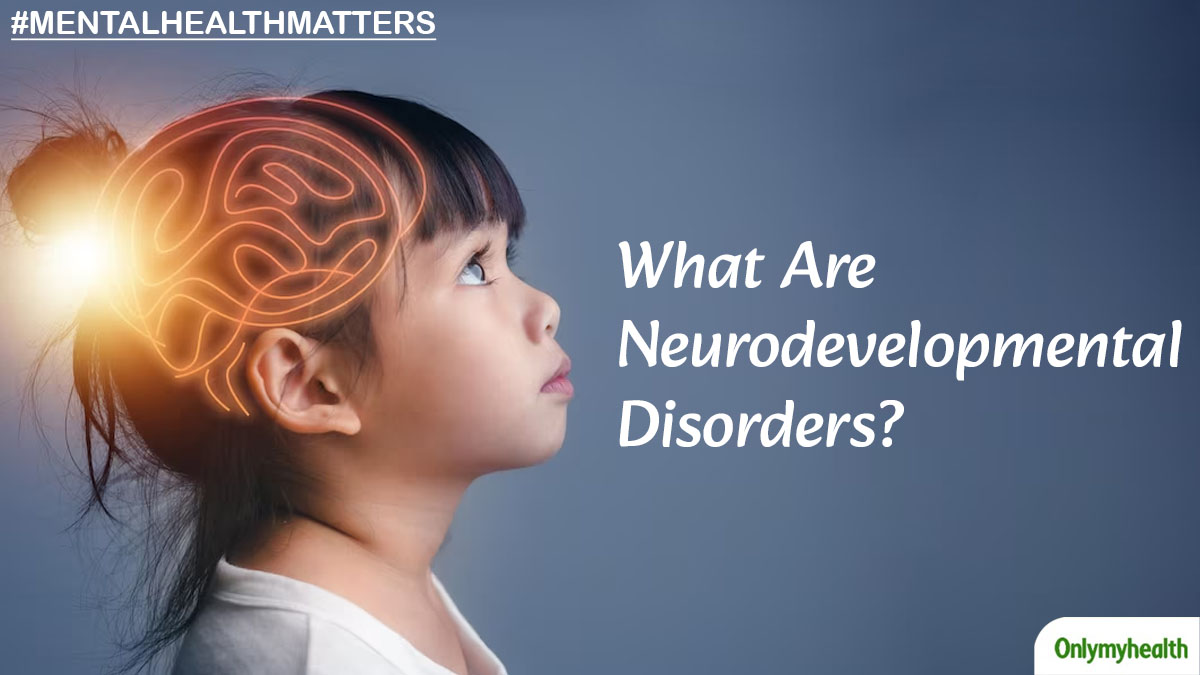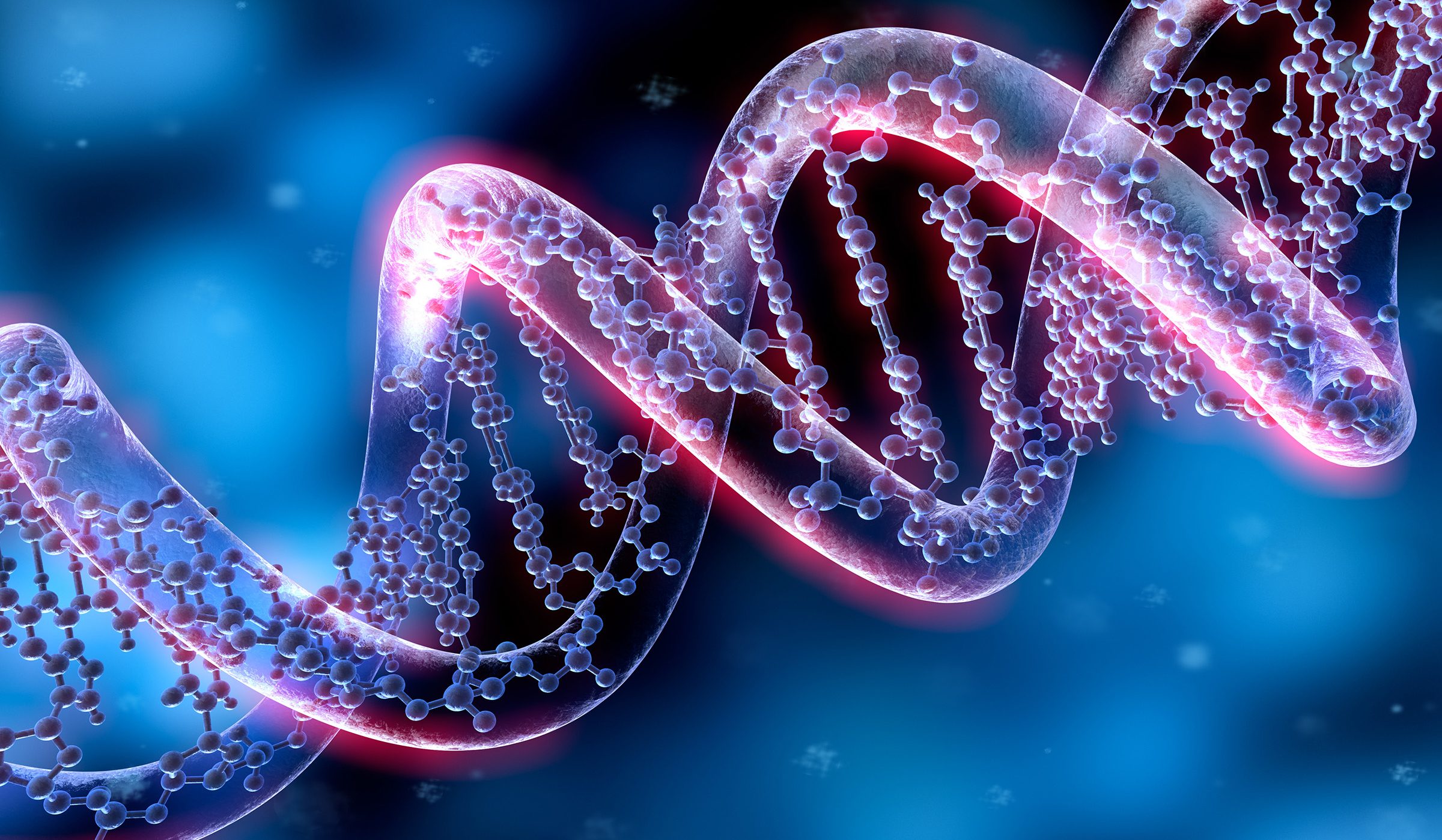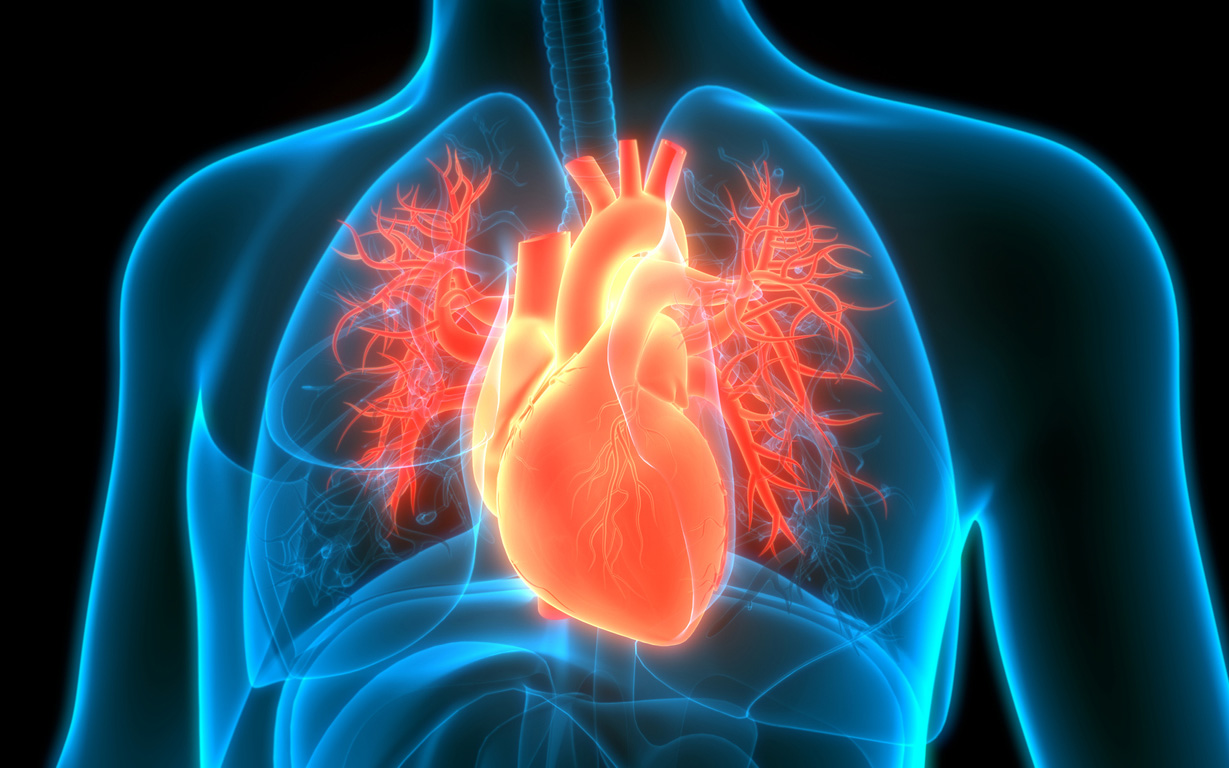Neurodevelopmental disorders

- Reporter 21
- 03 Nov, 2021
Neurodevelopmental disorders are a group of conditions characterized by developmental deficits that affect various aspects of functioning, including cognition, communication, social interaction, and motor skills. These disorders typically manifest early in childhood and often persist throughout a person's life. They can have a significant impact on an individual's daily life, educational attainment, and social relationships. Here are some common neurodevelopmental disorders:
Autism Spectrum Disorder (ASD): Autism is a complex neurodevelopmental disorder characterized by challenges in social interaction, communication difficulties, repetitive behaviors, and restricted interests. The severity and presentation of symptoms can vary widely, leading to the concept of a "spectrum."
Attention-Deficit/Hyperactivity Disorder (ADHD): ADHD is characterized by persistent patterns of inattention, hyperactivity, and impulsivity. It can affect both children and adults and can lead to difficulties in school, work, and daily life.
Intellectual Disability: Intellectual disability (formerly known as mental retardation) is characterized by limitations in intellectual functioning and adaptive behavior. It typically manifests before age 18 and can range from mild to severe.
Specific Learning Disorders: Specific learning disorders affect a person's ability to acquire and use certain academic skills, such as reading (dyslexia), writing (dysgraphia), or mathematics (dyscalculia).
Communication Disorders: Communication disorders include conditions like speech sound disorders, language disorders, and social communication disorder. These disorders affect an individual's ability to understand and use language effectively.
Tourette Syndrome: Tourette syndrome is characterized by motor and vocal tics that often appear in childhood. Tics can range from mild to severe and can change over time.
Developmental Coordination Disorder (DCD): DCD, also known as dyspraxia, affects motor coordination and can result in difficulties with activities like writing, tying shoelaces, and playing sports.
Rett Syndrome: Rett syndrome is a rare genetic disorder that primarily affects females. It leads to severe motor and cognitive impairments, loss of purposeful hand skills, and regression in development.
Childhood Disintegrative Disorder (CDD): CDD is a rare condition in which a child experiences a significant loss of previously acquired skills, such as language and social abilities, after a period of normal development.
Fetal Alcohol Spectrum Disorders (FASD): FASD refers to a range of conditions caused by prenatal exposure to alcohol. It can result in physical, cognitive, and behavioral problems.
Selective Mutism: Selective mutism is characterized by an inability to speak in certain social situations, despite the ability to speak in other contexts.
Developmental Language Disorder (DLD): DLD is a language impairment that affects a person's ability to understand and use spoken language. It often becomes apparent in early childhood.
These neurodevelopmental disorders can have a profound impact on individuals and their families. Early diagnosis, intervention, and support services are essential for helping individuals with these conditions reach their full potential and improve their quality of life. Treatment may include therapies, educational support, medication, and behavioral interventions tailored to the specific needs of each individual.
Leave a Reply
Your email address will not be published. Required fields are marked *
Prince Mahmud
wonderful












